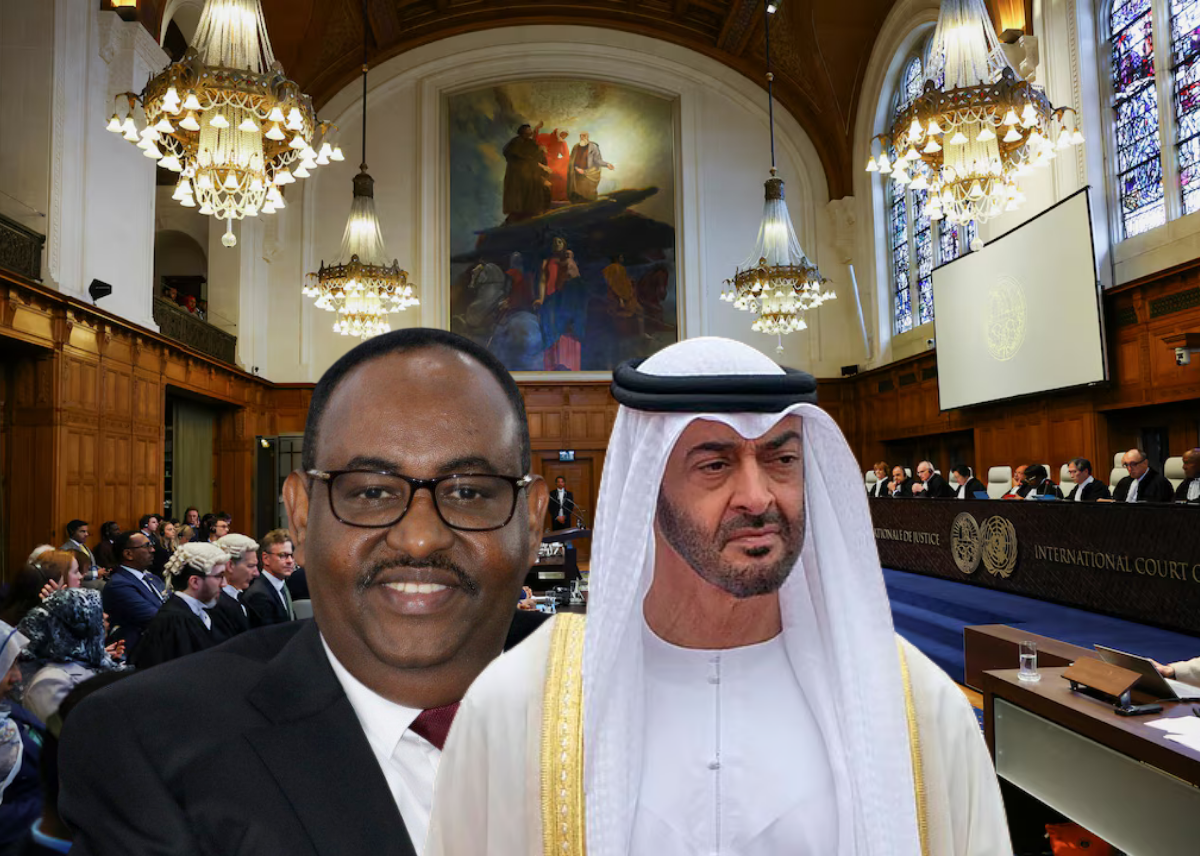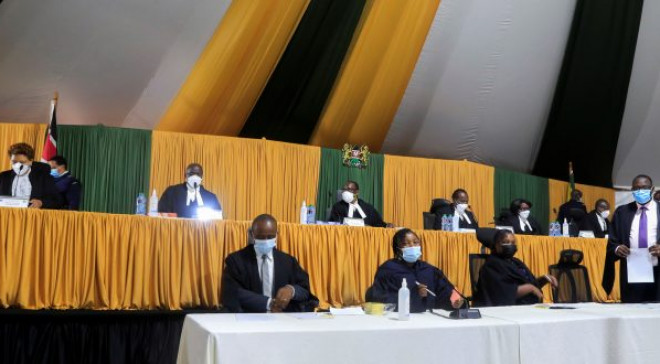Share the post "10 African countries with the lowest life expectancy according to the World Bank.."
Life expectancy reflects the average lifespan of individuals in a given population. While the average life expectancy for humans has increased significantly on a global scale, there’s still a noticeable gap in average life expectancies between different countries…
It is not just luck that determines life expectancy, factors like race, how much money you have, gender, and where you live all play a role, The World Bank says countries that spend more on healthcare tend to have higher rates of life expectancy. To reduce inequities, many countries have emphasized primary health care, including immunization, sanitation, access to safe drinking water, and safe motherhood initiatives.
According to the data available from the World Bank, in 2021, the average life expectancy at birth was 71 years. Global life expectancy at birth declined for the second straight year as the COVID-19 pandemic reversed decades of increases, The countries with the longest expected life spans were wealthy in Asia and Europe, with Japan, Lichtenstein, Switzerland and South Korea all topping the list at 84 years.
In Africa, life expectancy varied widely across the continent due to factors such as access to healthcare, economic development, and prevalence of diseases, Chad has the lowest life expectancy at 52.5 years, followed closely by Nigeria at 52.7 years, and the Central African Republic at 53.9 years.
Below are the 10 African countries with the lowest life expectancy according to the World Bank:
| Rank | Country | Life expectancy |
|---|---|---|
| 1 | Chad | 52.5 years |
| 2 | Nigeria | 52.7 years |
| 3 | Central African Republic | 53.9 years |
| 4 | South Sudan | 55.0 years |
| 5 | Somalia | 55.3 years |
| 6 | Eswatini | 57.1 years |
| 7 | Mali | 58.9 years |
| 8 | Guniea | 58.9 years |
| 9 | Congo, Dem Rep | 59.2 years |
| 10 | Mozambique | 59.3 years |




